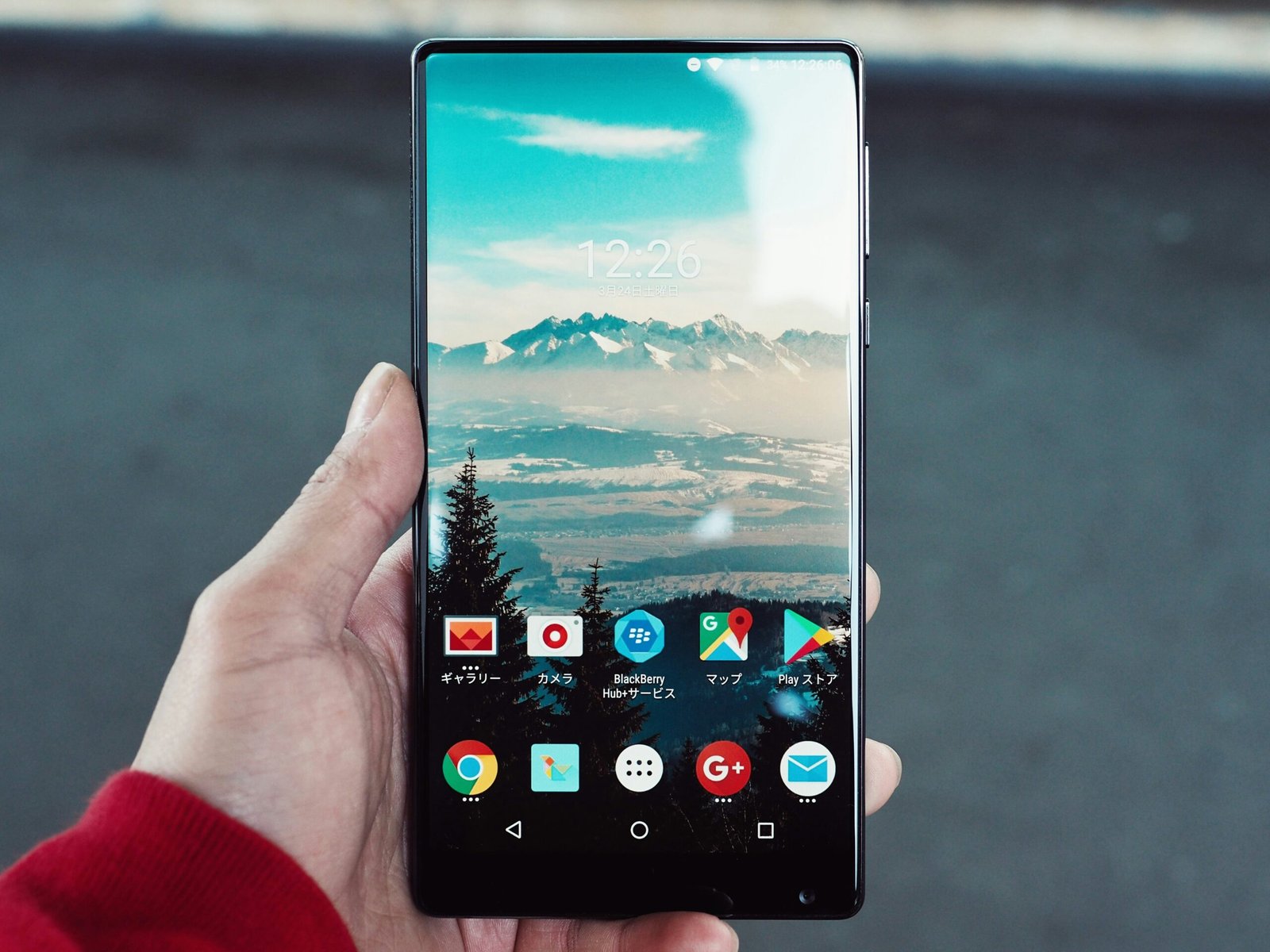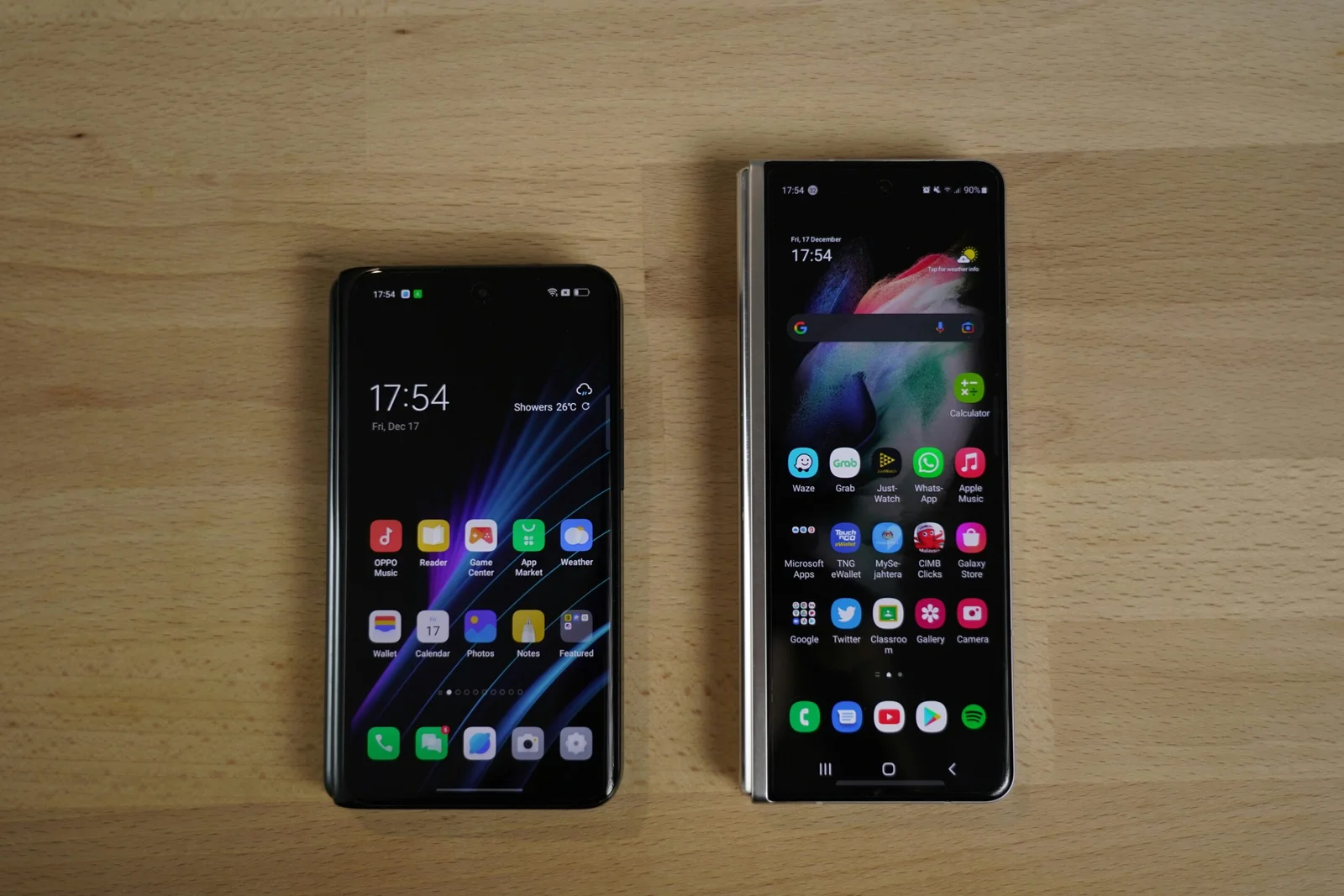
Introduction to Mobile Phone Security and Privacy
Mobile phones have become indispensable tools in our daily lives, serving as more than just communication devices. They are now our primary means of accessing the internet, social media, banking, and even managing work tasks. This proliferation of mobile phones has led to the storage of an immense amount of sensitive information on these devices. Personal data such as contacts, photos, and messages, financial information including banking details and payment apps, and work-related documents are commonly stored on mobile phones. As such, these devices have become attractive targets for unauthorized access and misuse.
The importance of mobile phone security and privacy cannot be overstated. Securing the data on our mobile devices is crucial to protect against potential threats such as identity theft, financial fraud, and corporate espionage. Unauthorized access to personal or financial information can lead to significant personal and economic losses. Moreover, the compromise of work-related documents can result in severe professional ramifications, including the leakage of confidential information and intellectual property.
Understanding the necessity of mobile phone security and privacy is the first step in safeguarding our digital lives. By recognizing the types of sensitive information stored on these devices and the potential risks associated with their compromise, we can take proactive measures to enhance our security posture. This includes implementing strong passwords, utilizing encryption, and staying vigilant against phishing attempts and malware. As mobile phones continue to evolve and integrate deeper into our daily routines, the emphasis on securing these devices will only grow in importance.
Common Threats to Mobile Phone Security
In today’s digital age, mobile phones have become an indispensable part of our daily lives. However, this dependence also makes them prime targets for various security threats. One of the most prevalent threats is malware, which includes viruses, worms, and spyware. Malware can infiltrate a mobile device through malicious apps or links, often leading to unauthorized access to sensitive data, such as personal photos, financial information, and login credentials. A notable example is the Pegasus spyware, which exploited vulnerabilities in mobile operating systems to eavesdrop on conversations and steal confidential data from high-profile individuals worldwide.
Phishing attacks are another significant concern. These attacks typically involve deceptive messages, emails, or websites that trick users into divulging personal information, such as passwords or credit card numbers. For instance, a recent phishing campaign targeted mobile banking users by mimicking the login pages of popular financial institutions, resulting in widespread financial losses and identity theft. The sophistication of these attacks makes it challenging for users to distinguish between legitimate and fraudulent communications.
Man-in-the-middle (MitM) attacks pose a further threat to mobile phone security. In these attacks, cybercriminals intercept and potentially alter the communication between two parties without their knowledge. Public Wi-Fi networks are particularly susceptible to MitM attacks, where attackers can gain access to unencrypted data being transmitted between a mobile device and the internet. An infamous case involved the “DarkHotel” attack, which targeted business executives via hotel Wi-Fi networks, compromising sensitive corporate information.
The consequences of these security breaches are far-reaching, affecting both individuals and organizations. Personal data theft can lead to financial ruin, reputational damage, and emotional distress for victims. For businesses, a breach can result in significant financial losses, legal penalties, and irreparable harm to their brand reputation. Understanding and mitigating these threats is crucial for ensuring the security and privacy of mobile phones.
Privacy Concerns in the Mobile Era
In the contemporary mobile-centric world, privacy concerns have become increasingly prominent. As smartphones integrate more deeply into our daily lives, the risk of unauthorized access to personal data has escalated. Data tracking by apps and services is a significant issue, with many applications collecting vast amounts of user information without explicit consent. This data often includes sensitive details such as browsing history, contact lists, and even personal conversations, which are then used for targeted advertising or sold to third parties.
Another critical concern is location tracking. Many apps require access to a user’s location to function correctly, but this data can be misused. Location tracking enables companies to monitor an individual’s movements, creating detailed profiles of their habits and routines. Such data could potentially be exploited by malicious actors, leading to security risks and personal safety concerns.
Moreover, unauthorized data collection by apps and services poses a substantial threat to privacy. Often, users are unaware of the extent of data being harvested from their devices. For example, some applications may gain access to the microphone or camera without the user’s knowledge, capturing audio or video without consent. This level of intrusion not only breaches personal privacy but also raises questions about the ethical practices of app developers and the adequacy of current regulatory frameworks.
These privacy concerns underscore the need for robust security measures and greater transparency from app developers and service providers. Users must be vigilant about the permissions they grant and take proactive steps to safeguard their personal information. By understanding the potential risks involved and advocating for stronger privacy protections, individuals can better navigate the complexities of the mobile era while maintaining their right to privacy.
Best Practices for Mobile Phone Security
In today’s digital age, mobile phone security is paramount. Adopting best practices can significantly reduce the risk of unauthorized access and data breaches. One of the foundational steps is setting strong passwords. Avoid common passwords and opt for a combination of letters, numbers, and special characters. The longer and more complex your password, the harder it is for intruders to crack it.
Another critical measure is enabling two-factor authentication (2FA). This adds an extra layer of security by requiring not just a password but also a secondary form of verification, such as a code sent to your mobile device. Even if someone manages to obtain your password, they would still need the second factor to access your accounts.
Regularly updating your software is also crucial. Software updates often include security patches that address vulnerabilities identified by developers. Delaying these updates can leave your device exposed to potential threats. Ensure that your mobile phone’s operating system and all installed applications are always updated to their latest versions.
Being cautious about app permissions is another best practice. Some applications request access to more data than necessary. Review these permissions carefully and deny any that seem excessive. Only download apps from trusted sources such as the Google Play Store or Apple App Store, as these platforms have more rigorous security measures in place.
User vigilance plays a significant role in maintaining mobile phone security. Be wary of phishing attempts, which often come in the form of emails or text messages pretending to be from legitimate sources. These can trick you into revealing personal information or installing malicious software. Always verify the authenticity of the sender before clicking on any links or providing sensitive information.
Incorporating these best practices into your daily routine can greatly enhance the security of your mobile device. By staying vigilant and proactive, you can protect your personal data and maintain your privacy in an increasingly connected world.
Tools and Apps for Enhancing Mobile Security
In today’s digital age, mobile phone security has become paramount. A plethora of tools and applications are now available to enhance the security of your mobile device. One of the most commonly recommended tools is an antivirus app. Antivirus apps, such as Avast Mobile Security and Norton Mobile Security, scan your device for malware, spyware, and other malicious threats. These apps often include features like real-time protection, anti-phishing tools, and privacy advisors, which provide comprehensive protection against potential security breaches.
Another essential tool for mobile security is a Virtual Private Network (VPN). VPNs, such as NordVPN and ExpressVPN, encrypt your internet connection, making it more difficult for hackers to intercept your data. By masking your IP address, VPNs also help maintain your online anonymity, which is crucial for protecting sensitive information. This is particularly beneficial when using public Wi-Fi networks, which are often hotspots for cybercriminal activity.
For those concerned about the privacy of their communications, encrypted messaging apps are invaluable. Apps like Signal and Telegram offer end-to-end encryption, ensuring that only the intended recipient can read your messages. These apps also include features like self-destructing messages and encrypted voice calls, providing an additional layer of security for your private conversations.
Beyond individual apps, there are also comprehensive security suites available. For example, Lookout Mobile Security combines antivirus protection, theft prevention, and privacy monitoring into one convenient package. This type of all-in-one solution can provide peace of mind, knowing that multiple aspects of your mobile security are being managed effectively.
Incorporating these tools into your mobile security strategy can significantly enhance your device’s protection against threats. With the ever-evolving landscape of mobile security risks, staying informed and utilizing these tools is essential for safeguarding your personal information and ensuring your mobile device remains secure.
The Role of Manufacturers and Service Providers
Mobile phone manufacturers and service providers play a pivotal role in ensuring device security and protecting user privacy. Companies like Apple, Google, and Samsung have implemented various initiatives and security measures to safeguard their users. These efforts are critical, given the increasing threats to mobile security in today’s digital landscape.
Apple, for instance, emphasizes a holistic approach to security, integrating robust hardware and software solutions. The company employs the Secure Enclave, a dedicated security coprocessor found in its devices, to prevent unauthorized access. Additionally, Apple regularly releases iOS updates that address security vulnerabilities, ensuring that users have the latest protections. Features like Face ID and Touch ID further enhance user privacy by providing secure authentication methods.
Google, the developer of the Android operating system, has also made significant strides in mobile security. The company has introduced Google Play Protect, a comprehensive security service that continuously scans apps for malware and other threats. Google also conducts rigorous security audits of apps available on the Google Play Store, minimizing the risk of malicious software. Furthermore, the company frequently updates Android with security patches, addressing newly discovered vulnerabilities.
Samsung, another major player in the mobile phone market, prioritizes security through its Knox platform. Samsung Knox offers a multi-layered security solution that safeguards data at both the hardware and software levels. This platform includes features such as Secure Folder, which allows users to store sensitive information separately from other data. Samsung also collaborates with Google to ensure timely distribution of Android security updates to its devices.
These companies continually address security vulnerabilities through a combination of proactive measures and reactive updates. By investing in advanced security technologies and maintaining rigorous update schedules, they contribute significantly to the overall security ecosystem. As a result, users can feel more confident that their personal information and data are well-protected on their mobile devices.
Legal and Regulatory Aspects of Mobile Security
The landscape of mobile phone security and privacy is significantly shaped by various legal and regulatory frameworks. Among the most prominent regulations are the General Data Protection Regulation (GDPR) and the California Consumer Privacy Act (CCPA). These laws establish stringent guidelines for data protection, directly influencing how businesses manage and safeguard personal data on mobile platforms.
The GDPR, which came into effect in May 2018, is a comprehensive data protection law that applies to any organization processing the personal data of EU residents. It mandates that businesses implement robust security measures to protect user data and requires explicit consent from users before collecting their information. The GDPR emphasizes transparency, giving individuals the right to access, correct, and delete their data. Non-compliance with GDPR can result in substantial fines, up to 4% of a company’s annual global turnover, making it a critical consideration for businesses operating within the EU or dealing with EU citizens’ data.
Similarly, the CCPA, enacted in 2020, provides California residents with greater control over their personal information. It requires businesses to disclose the types of data collected, the purposes for which it is used, and any third parties with whom it is shared. Consumers also have the right to opt-out of the sale of their data and request the deletion of their information. The CCPA’s stringent requirements necessitate that businesses handling Californian data adopt comprehensive data protection practices to ensure compliance.
These regulations have a profound impact on both consumers and businesses. For consumers, GDPR and CCPA offer enhanced privacy rights and greater transparency regarding how their personal data is handled. For businesses, adhering to these regulations means investing in advanced security measures, conducting regular data protection assessments, and maintaining detailed records of data processing activities. Failure to comply not only risks financial penalties but also potential reputational damage.
Overall, the legal and regulatory frameworks surrounding mobile phone security and privacy are essential in ensuring that personal data is adequately protected in an increasingly digital world. Businesses must stay informed and compliant with these regulations to build trust and safeguard user information effectively.
Future Trends in Mobile Security and Privacy
As mobile devices become increasingly integral to both personal and professional domains, the landscape of mobile security and privacy continues to evolve. One of the most significant advancements is in biometric security. Technologies such as fingerprint scanning, facial recognition, and even voice recognition are becoming more sophisticated, providing enhanced layers of protection. These biometric methods are not only more secure but also more convenient for users, reducing the reliance on traditional passwords and PINs.
Another critical development is the integration of artificial intelligence (AI) in threat detection. AI algorithms are being designed to predict and identify potential security threats in real-time. By analyzing patterns and behaviors, AI can detect anomalies that might signify a security breach, thereby providing a proactive approach to mobile security. This predictive capability is essential in an era where cyber threats are becoming increasingly sophisticated and frequent.
In addition to technological advancements, user education is rapidly gaining importance in the realm of mobile security. Despite the best security measures, human error remains a significant vulnerability. Educating users about recognizing phishing attempts, understanding the importance of regular software updates, and practicing safe browsing habits is crucial. Empowering users with knowledge can significantly reduce the risk of security breaches.
The future of mobile security and privacy also necessitates continuous innovation. With the advent of new technologies and the proliferation of Internet of Things (IoT) devices, the attack surface is expanding. This calls for ongoing research and development to create robust security protocols that can adapt to new threats. Moreover, regulatory frameworks need to evolve in tandem with technological advancements to ensure comprehensive protection.
Overall, keeping up with emerging trends in mobile security and privacy is vital. The combined efforts of advanced biometric security, AI-driven threat detection, and user education form a multi-faceted approach to safeguarding mobile devices. Continuous innovation and awareness are paramount to staying ahead of evolving threats in the digital age.






